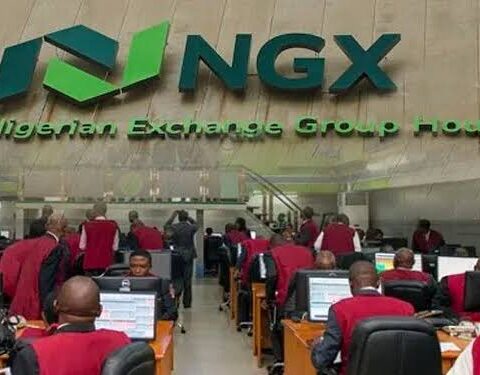Nigeria’s crude oil import volumes have surged to record highs, driven by the operational demands of the Dangote Refinery, which is reshaping global and regional trade flows since beginning large-scale production.
Industry sources revealed that the 650,000-barrel-per-day facility, located in Lagos, has been importing significant quantities of crude to sustain its operations, particularly amid challenges in securing adequate domestic supply. The imports, drawn from markets in the U.S., Brazil, and the Middle East, have boosted Nigeria’s ranking as one of Africa’s biggest crude-importing countries, a development analysts say is both unusual and transformative.
“The refinery has altered traditional trade patterns. Nigeria, long seen solely as a major crude exporter, is now simultaneously emerging as a significant importer due to the refining gap,” said an oil market analyst, Dr. Chuka Anene.
According to shipping and customs data, September alone witnessed the arrival of several large cargoes of Bonny Light substitutes and other compatible blends to the Lekki Free Trade Zone, where the refinery is located.
While some critics argue that Nigeria’s inability to prioritize domestic crude supply for the refinery reflects structural inefficiencies in the upstream sector, others note that the strategy is part of a globalized trading approach that gives the plant flexibility in sourcing the best feedstock.
Officials of the Dangote Group maintain that the refinery’s objective is to secure reliable crude volumes at competitive prices to maximize efficiency and keep refined product costs down. “Our focus is to meet Nigeria’s fuel needs and export excess products. Importing crude is part of optimizing operations within global market realities,” a company spokesperson said.
The refinery, expected to fully end Nigeria’s reliance on imported refined petroleum products, has already started exporting diesel and aviation fuel to West African markets, with plans to supply petrol locally by year-end.
Analysts predict that the refinery’s demand could continue to redirect trade routes, forcing traditional crude suppliers to adapt to new buyers while creating fresh opportunities for shipping companies and traders.
However, stakeholders warn that for Nigeria to maximize the refinery’s benefits, upstream producers and regulators must prioritize crude allocation locally to reduce reliance on foreign barrels, which could put pressure on foreign exchange reserves.
Follow us on all social media platforms @dailyquery for news and analyses around the globe.



























